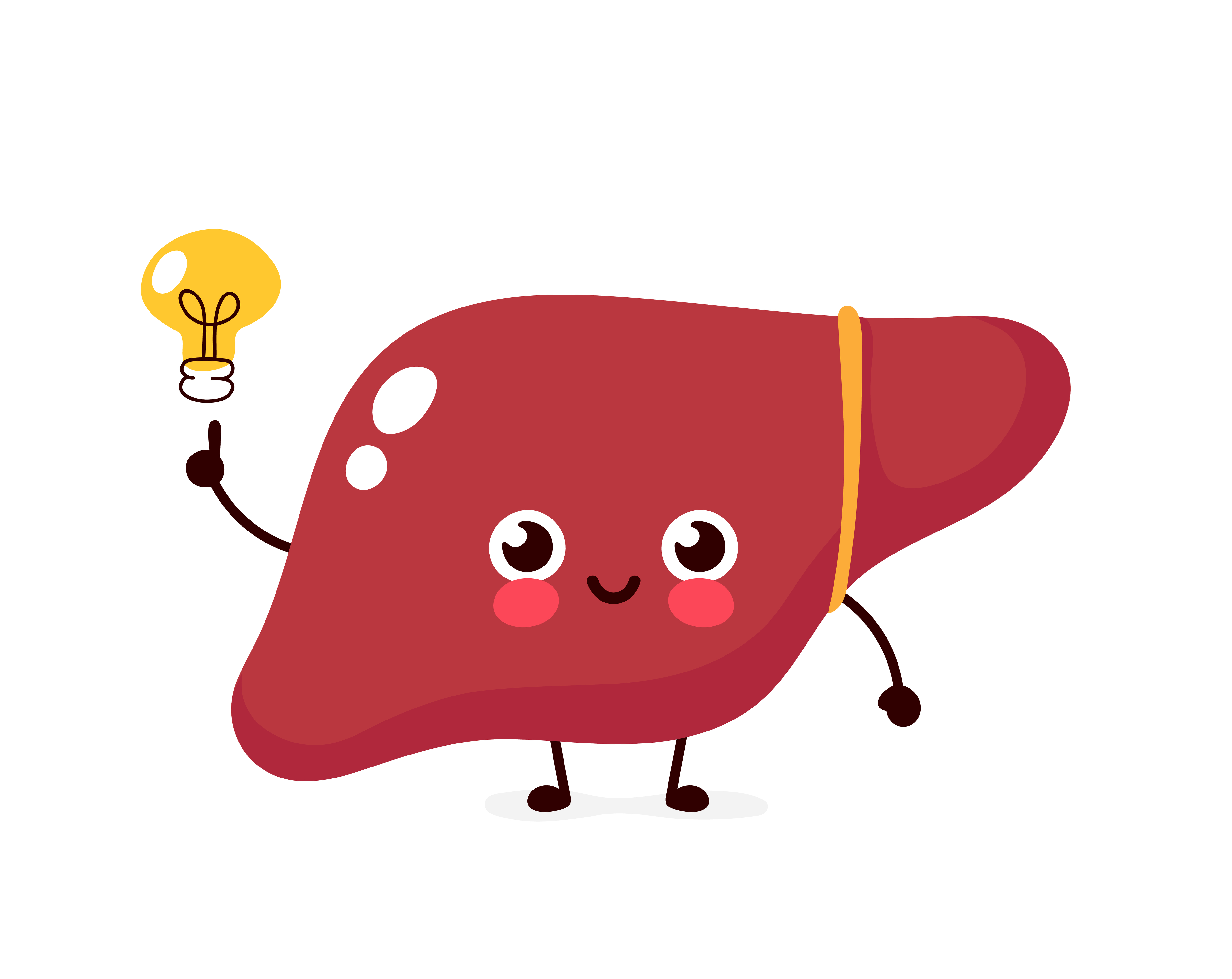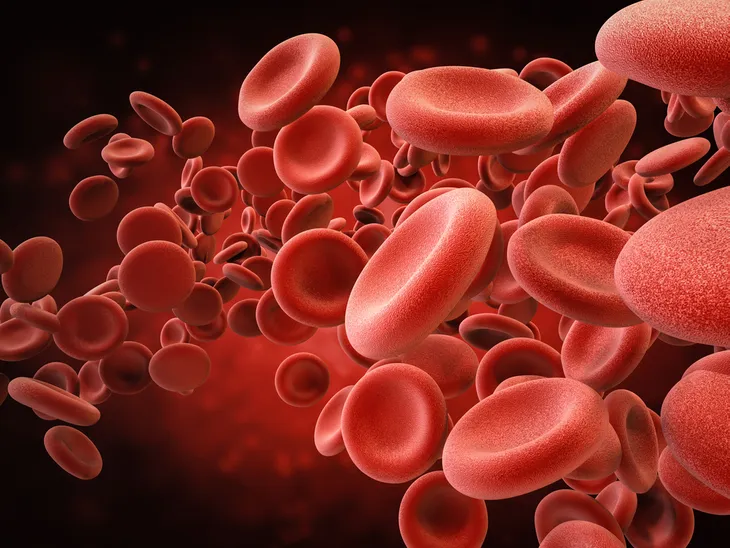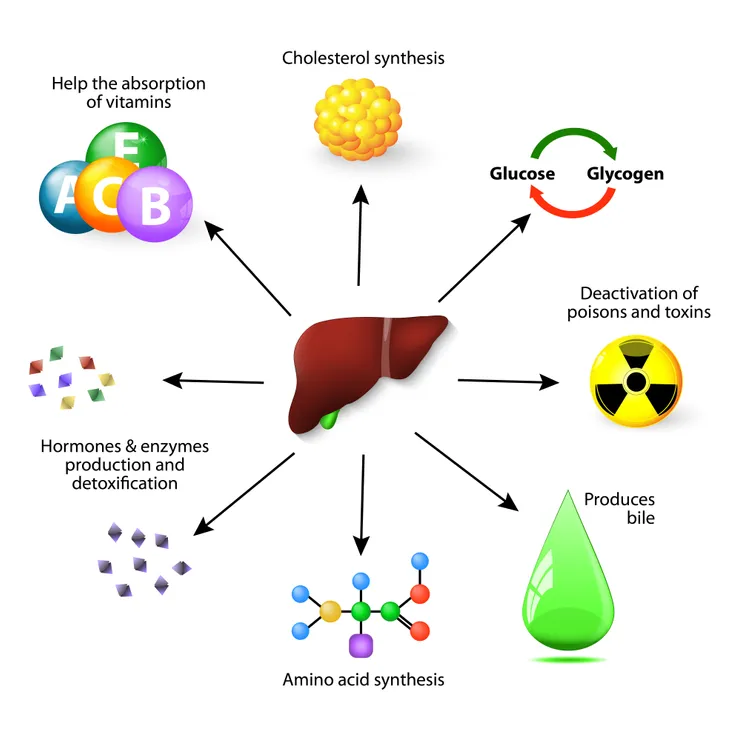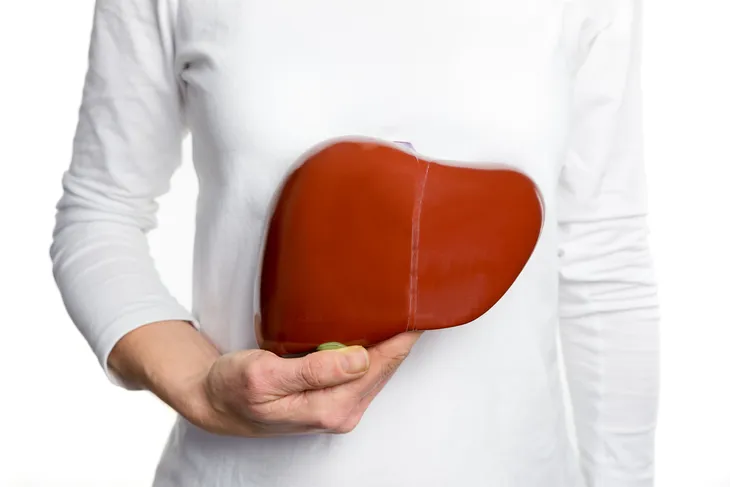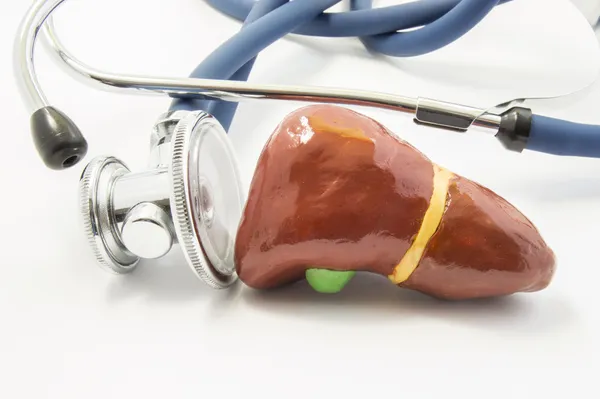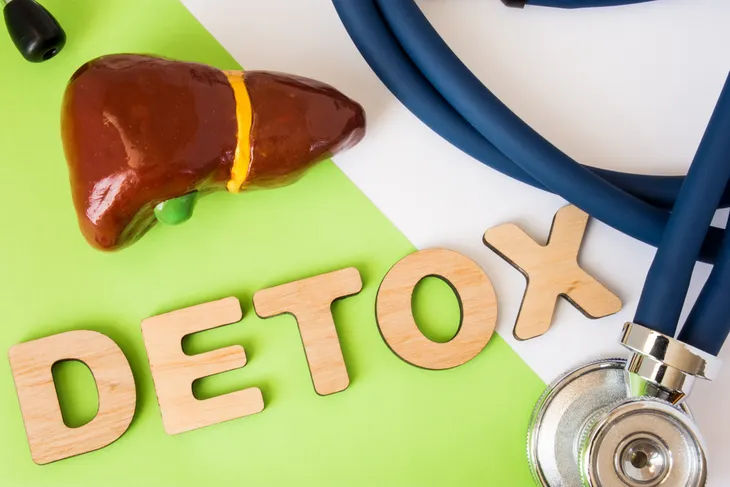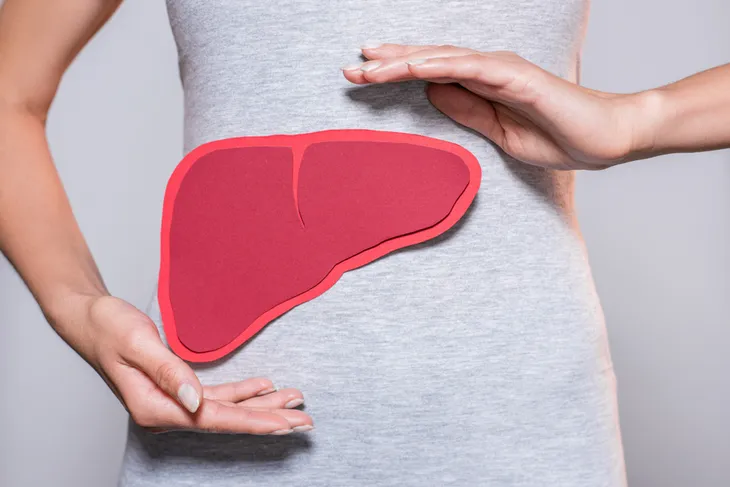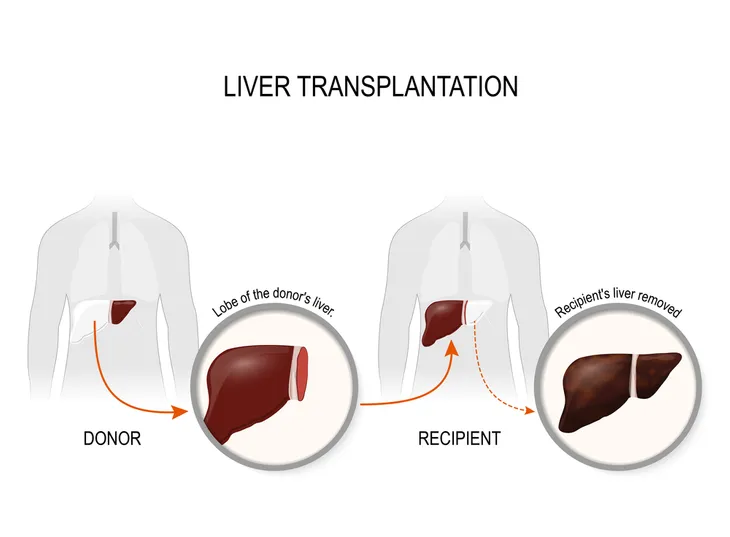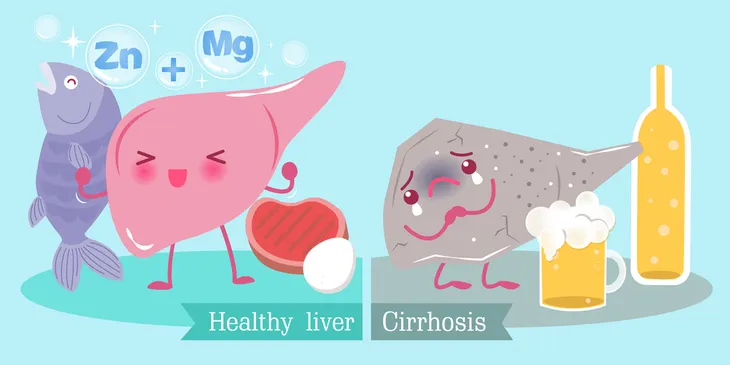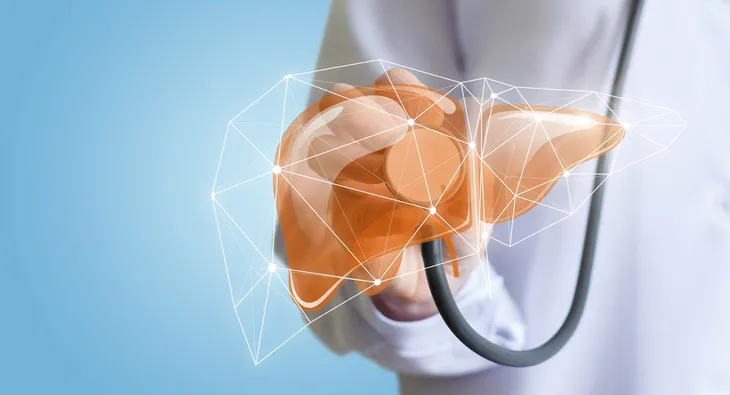After the heart and brain, there may be no more important organ in the body than the liver. While it won’t pump blood through your body or help you ace that math test, it will take care of all the questionable substances you put in your body, like alcoholic beverages. In many ways, then, the liver is our body’s very own purification system.
Most people understand that the liver performs this important function. But you may not be aware of its many other responsibilities, all of which help highlight the importance of maintaining a healthy liver and avoiding excessive consumption of food and drink that can prevent the liver from functioning as it should. Now, let’s take a look at some of the things the liver does every day to keep us going.
It Cleans Your Blood
The primary function of the liver, which is the body’s largest internal organ, is to clean the blood that passes through it. In coordination with the pancreas and gallbladder, which are attached to the liver, the liver focus on breaking down the food and drink you consume, helping the body absorb whatever nutrients can be found within.
For the liver, the most important part of breaking down the stuff we consume involves detoxifying any chemicals, like alcohol, that could cause problems if spread to other parts of the body. That means filtering the blood arriving from the digestive tract before it’s spread to your extremities and the heart and brain. The liver also plays a role in metabolizing the drugs you take to help with a wide range of medical issues.
It’s a Major Multi-Tasker
Many people know that the liver is responsible for filtering the blood, and in doing so helping prevent some of the chemicals found in our food, drink, and medications from spreading to certain parts of the body. But the liver actually does so much more than just that.
In fact, the liver is responsible for helping generate and then store energy; it helps create proteins that the body can use for building and maintaining muscle; it takes the medications you put in your body and processes them in a way that helps them achieve their end purpose, and it’s a central player in helping the immune system function as it should. For these reasons, it’s easy to understand how much trouble is presented when a liver experiences some kind of setback — such as through an illness or repeated abuse — and fails to operate at full potential.
It’s Big
Ask anyone what the body’s biggest organs are and you’ll probably get a few common answers, from the brain, heart, and lungs to the colon or small intestine. And while these are relatively sizeable parts of the body, few are as large as the liver.
In fact, the liver in an average-sized man weighs about 3-pounds. In terms of its size, it’s roughly the same as an American football. If you want to know where this rather large organ is located, look no further than the area off to your right side just below the ribcage.
It’s a Gland and an Organ
The multi-tasking liver is, first and foremost, an organ that’s designed to help us break down and digest our food and drink in addition to processing those things so that our blood remains relatively clean and healthy to move throughout other parts of the body.
But the liver also functions as a gland, which are the body parts largely responsible for removing hazardous substances from the blood or, if it can’t remove those substances entirely, changing them so that they pose no serious health threat to the individual.
It’s a Blood Repository
Because the liver is so critical in helping process the food, drink, and medications we put into our bodies, it’s one of the largest organs in the body. Its job is primarily to process what we consume and to filter out any potential toxins in order to keep our blood clean and safe for traveling to other sections of the body.
For that reason, the liver tends to hold a considerable amount of our blood at just about any time. In fact, experts believe that the liver can, at its peak, hold up to one-tenth of all the blood in our bodies. Meanwhile, it’s responsible for processing and then pumping out roughly a liter and a half of that blood every sixty seconds or so. It helps explain why any injury to the liver can be so problematic and require immediate medical attention.
Transplants Have Worked Since the 1960s
The first liver transplant took place in 1963 and was performed by Dr. Thomas Starzl at the University of Colorado Medical School. Unfortunately, it was not a remarkable success, primarily because the availability of immunosuppressive drugs — capable of helping fight infection and giving a patient a chance to adapt to their new liver — was limited.
That changed by the end of the decade and in the time since the liver has been one of the more widely transplanted organs in Western medicine. Today, transplants usually take place in situations where the donor has become deceased, often as a result of a catastrophic injury, such as being in an automobile accident.
It’s Capable of Regenerating
Few parts of our body have the ability to regenerate. There’s the skin, which can eventually heal and reform after experiencing trauma. But if you cut off a limb, it won’t grow back. And the same limitations generally apply to our internal organs, like the heart, brain, or stomach.
But the liver does have the ability to regenerate; in fact, in some situations, it can completely regrow from just one-quarter its original size. That means someone could conceivably donate half (or even less) of their liver to a suitable donor, and the recipient should see that liver grow to full size within their body. It’s like two livers for the price of one!
You Can’t Survive Without It
The liver is an essential organ, meaning that without it, you can’t survive. There are a few reasons for that: for one, not having a liver would mean that the potentially harmful chemicals in your food, drink, or medications would not be filtered out, leaving them in your blood and causing problems throughout the rest of your body.
Second, your brain depends a great deal on the processing power of the liver. Specifically, the liver helps regulate both plasma glucose and ammonia levels; should these get out of control, the body could shift into a condition known as hepatic encephalopathy, which typically results in an individual going into a coma and, failing appropriate treatment, death.
It Can be Hard to Tell Something’s Wrong
Although it’s impossible to live without a liver, as the organ plays such a central role in filtering out toxins and regulating various chemicals within the body, it can be surprisingly difficult for an individual to tell if their liver is not functioning the way it should be.
One method of determining if something is wrong: check the color of your skin or the white of your eyes. If it’s a little more yellow than usual, you may be suffering from jaundice, an early sign of liver problems. Unfortunately, jaundice doesn’t emerge in every case where the liver is malfunctioning; in fact, in a range of situations and conditions — from hepatitis to cirrhosis — there may be no indication there’s a serious problem. That’s why it’s important for anyone with a family history of liver disease to have regular checkups with their family physician.
Watch Those Supplements
You may think that the supplements you’re taking pose little or no threat to your body because they’re all-natural. But it’s important to keep in mind that just because something is natural — meaning the base ingredient isn’t produced in a factory somewhere — that it can’t harm you in a significant way.
Unfortunately, that would be the wrong assumption to make. There are plenty of natural substances that can hurt us and even those that make their way onto health food store shelves can be problematic. In fact, many of the problems emerging as a result of taking natural supplements start with the liver, which is responsible for processing them. If you have an allergy to certain herbs, you may find that your liver struggles to properly filter out the supplement, leaving you feeling ill. That’s why it’s a good idea to talk to your doctor about taking any supplement before adding it to your diet.
Size Matters
Maintaining a healthy weight is, arguably, more challenging today than at any point in human history. That’s because we now have access to a huge variety of foods, some of which are cheap, convenient, very tasty, but high in salt, sugar, fat, and calories. Unfortunately, consuming these foods regularly can make it hard to maintain a healthy weight; in time, eating them could result in one becoming overweight or even obese.
And that’s a big problem for the body, from the bones and joints to the heart. But it may be the biggest problem for the liver, which must grow in order to process the blood of larger individuals. That can be tough for the liver to do, however, and the larger an individual becomes, the less likely their liver will be able to keep up with the work required of it. (Check out this article on the 14 Healthy Foods Your Liver Will Thank You For).
Most Creatures Have One
Have you ever thought about which creatures, other than humans, of course, have a liver? You may be surprised to learn that every living being that also has a spine has a liver. So, birds, antelopes, lions, dogs, wolves, whales — they all have a liver.
Interestingly, most of the livers in these widely different creatures are fairly similar. Generally speaking, living entities with spinal cords have a liver that’s responsible for filtering out toxins and assisting with the digestive process. And just as many can’t survive if the liver fails or becomes irreparably damaged.
